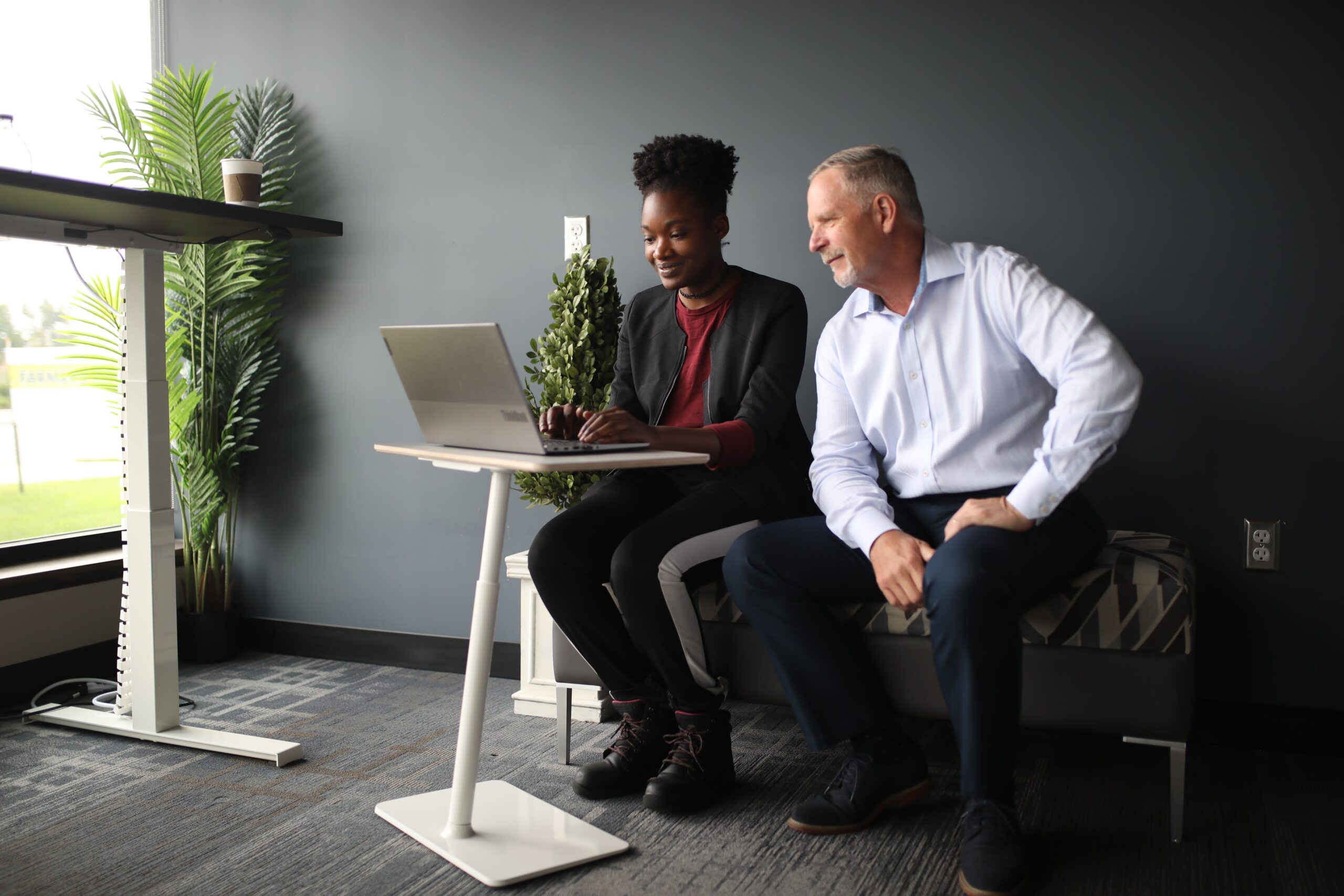The interview process is often a daunting one, there is a lot of uncertainty, nerves run high and hopes for a successful outcome are usually front of mind. So how do you ensure you are prepared and can walk out of the interview satisfied with yourself, regardless of the outcome? In this blog we’ll dive into some top tips on how to nail the interview process.
- Know what you’re being interviewed for
There is a lot more to landing a new role than just having the skills required. Yes, the technical ability and ability to perform the job effectively is a given, however factors such as culture fit, previous experience, eagerness for continued development and growth, and honesty and integrity as an individual are all areas hiring managers assess when interviewing. If you can speak to these areas throughout your interview, you will be ticking the top 5 things interviewers are often looking for.
- Spot the red flags
If you have changed jobs a few times over a short period of time, be prepared to speak to why this is. It doesn’t have to be seen as a negative, however some hiring managers can see this as being ‘jumpy’ and not attractive to an employer who is wanting to invest in someone long-term. Employers are looking for loyalty and longevity, so while you may not have previous experience with this, see it as an opportunity and address it during your interview. Culture fit is very important when interviewing potential candidates, so when you’re conducting research on the company pre-interview check out what their culture is like – and remember this must be a good fit for YOU as much as it is for them.
- Spotlight your personality
What makes you stand out from the candidate before and after you? What can you bring to the table that others can’t? Being confident is a lot easier said than done, but this is your chance to prove to the interviewer you know what you know and can also listen and provide input – this is particularly important when working in team environments where collaboration is very important. Relationships will always be important (even in a new role if it’s only to ask where the best café for coffee is), so show you are personable and can build rapport with others – you too should be asking the interviewer questions.
- Research
It goes without saying – do your research before an interview. Demonstrate you understand the company – what they do and what they stand for and speak to these areas particularly if it resonates with you, let the hiring manager know why. Being over prepared will never go against you, so any examples or documentation you can provide will prove you have done your research and are committed to the hiring process.
- Try to relax
Waiting for feedback can seem like the longest time, however, try not to overthink things. If you have followed these tips, you should feel confident that the interview went well (remember, even if you don’t land this job the interview itself is still great experience). There are however a few nonverbal communication indicators to spot to know things are going well and that the interviewer is receptive of you:
- Length of time – if you are in there for a decent period it’s generally a sign the interviewer is interested in you and wants to learn more
- Eye contact/smiling – this is common courtesy, if an interviewer is engaged in the conversation there will be a lot of eye contact. Make sure you hold that eye contact, monitor your tone of voice, and smile – this can all reflect positive messages
- Open body language – when you have an open posture it often signals friendliness and openness, and it is another form of communicating with the interviewer. Examples of positive or open body language are:
- Maintain good eye contact (drop any longing stares though, this can have the opposite effect)
- Head nod (shows you are engaged and actively listening to the interviewer)
- Firm handshake (shows confidence and respect)
- Open hands/arms (shows openness and honesty, and that you are receptive to what you are receiving)
- Upright posture (shows friendliness and openness)
- Leaning in while speaking and listening (not to impose on personal space, but leaning in when communicating can indicate comfortability and interest in the conversation)
Don’t forget – these are all things that you too should reciprocate.
Yes, interviewing for a new role can be nerve-wracking but it can also be exciting – one step closer to your dream job, or a job you’ve worked really hard to get. Interviews don’t need to be daunting, but if you find yourself getting nervous, tell yourself that this is a mask of excitement – this simple mindset shift can go a long way in making you relax and feel more comfortable. Be yourself and be confident in your ability. And if you are still unsure about how to nail the interview process, or if you’re looking for the next step in your career speak to one of our experienced recruitment specialists today.


